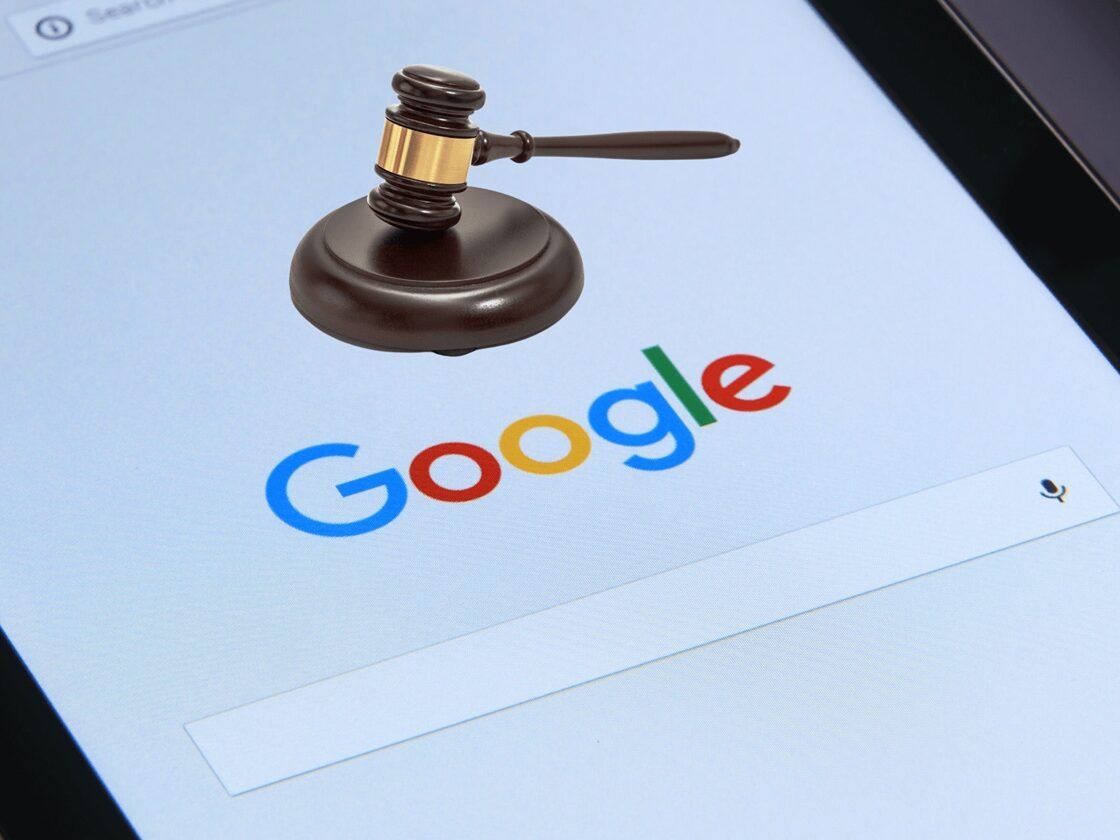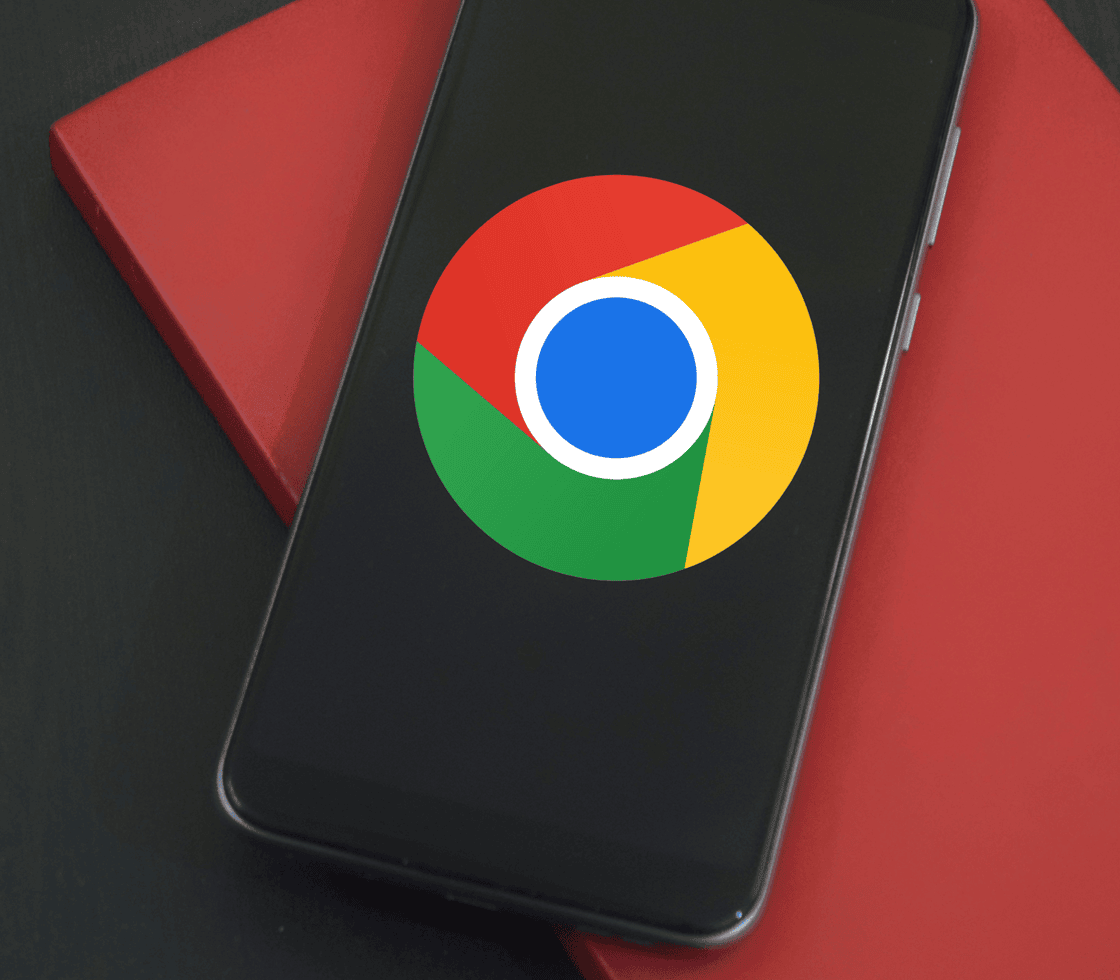Google, a name now part of everyday language, faces a major legal challenge in the United States. The tech giant is currently in a courtroom battle over accusations it illegally holds a monopoly in the online search market. A key part of this fight involves the possibility that Google could be forced to sell off its popular Chrome web browser.
Key Takeaways
- Google is currently facing a major legal challenge in the U.S. over its search monopoly in the online market.
- The government argues that selling the Chrome browser would reduce Google’s advantage and boost competition among other search engines.
- Google reportedly maintains its dominance by securing exclusive agreements with device and browser manufacturers, which often make its search engine the default choice on their devices.
- This legal battle could change how online competition works and how users search for information.
The Core Issue: Google’s Search Monopoly

At the centre of this legal case is a court finding from August 2024. A U.S. District Judge ruled that Google broke antitrust laws. Antitrust laws promote competition in the market and stop companies from behaving in ways that hurt competition. The judge found that Google illegally kept its strong position, or monopoly, in the online search and advertising markets.
Google’s main way of doing this was through exclusive agreements with companies that make devices and web browsers. These deals involved Google paying large sums of money, sometimes billions of dollars, to make sure Google Search was the default search engine on these devices and browsers.
Billions Paid for Prime Placement
One of the most notable examples highlighted in the sources is the money Google pays to Apple. Court documents showed that Google paid Apple about $18 billion in 2021 just to make Google Search the default search engine on the Safari browser used on iPhones and other Apple devices.
These kinds of exclusive agreements are made with other device makers, such as Samsung, and browser developers as well. The sources refer to these as lucrative revenue-sharing agreements. By paying these companies, Google makes sure that when someone buys a new device or uses a popular browser, Google Search is often already set as the main search option.
For some companies like Mozilla, the organization behind the Firefox web browser, payments from Google form a significant portion of their earnings. This agreement represents approximately 85% of Mozilla’s overall income and nearly 90% of the revenue for its for-profit branch that backs the larger non-profit Mozilla Foundation. Breaking up Google could put Firefox out of business.
Google argues that these deals give browser companies like Apple and Mozilla the freedom to work with the search engine they believe is best.
Why Default Matters
Most people do not change the default settings on their devices or browsers. This means the companies that secure the default spot get a massive amount of traffic.
For Google, this traffic is vital. It helps Google collect more data to improve its search results and targeted advertising. Google’s advertising business is a huge source of its income, and having its search engine as the default through deals like these is a key part of that revenue pipeline. In 2024, Google earned $175 billion from search-driven ads, which represented over 50% of its overall income.
The Proposed Remedy: Selling Chrome
To fix the problems caused by this monopoly, the U.S. Department of Justice (DOJ), along with several states, is asking a judge to order significant changes. The most talked-about proposal is forcing Google to sell its Chrome web browser.
The DOJ believes selling Chrome is essential to bring back competition in the search market. They see Chrome as a crucial “gateway” to the internet and a main way people start their searches. With Google controlling this gateway, it’s argued that rivals are unfairly disadvantaged. Forcing the sale of Chrome would take away Google’s control over this important pathway, giving rival search engines a better chance to reach users. DOJ lawyer David Dahlquist stated that Google doesn’t want to compete fairly and is afraid of rivals getting stronger with the proposed solutions. Jon Sallet, representing the states, highlighted that selling Chrome is their “first priority”.
Other Proposed Changes
Besides selling Chrome, the government has proposed other remedies to address Google’s dominant position. These include:
- Ending exclusive default agreements: This would stop Google from making deals that require its search engine to be the only preset default option on devices and browsers. Google’s own proposal suggests allowing multiple default options and annual changes.
- Sharing search data: Requiring Google to share certain data with competitors to help them improve their search results. This could involve access to Google’s search index or anonymized user data and advertising data. Google argues this could endanger user privacy.
- Syndicating search results: Making Google license its search results and features to competitors at a low cost for a period of time. Google says this would let competitors copy its work and intellectual property.
- Restrictions on Android: While not the primary focus currently, the DOJ initially considered making Google sell its Android mobile operating system. This was later softened, with Android sale seen as a possible future step if other remedies fail. However, restrictions on how Google favours its own search services on Android are being pursued.
The government believes these measures are needed to prevent Google from using its control over key platforms and data streams to maintain its monopoly.
Google’s Defense and Counter-Arguments
Google is strongly fighting these proposed remedies and plans to appeal the judge’s initial ruling. Google calls the DOJ’s proposals “unnecessary and harmful”.
Google argues that the proposed changes would:
- Make it harder for people to use Google Search.
- Potentially increase prices for mobile phones because device makers depend on money from search deals.
- Put user privacy and security at risk by forcing data sharing.
- Slow down Google’s work on Artificial Intelligence (AI), potentially giving an advantage to other countries.
- Unfairly punish Google for creating popular products that users choose.
Google argues that any fixes should only address the specific contracts the court found problematic, not force the sale of major assets like Chrome. Google’s browser chief has stated that “Only Google can run Chrome,” highlighting its deep technical links within the company.
The Role of Chromium
A major technical challenge mentioned in the case is the relationship between Google Chrome and Chromium. Chromium is the open-source project that forms the basis not only for Google Chrome but also for many other popular browsers, including Microsoft Edge, Opera, and Brave.
Google is the main contributor to Chromium, providing most of the code and funding its development. Google argues that forcing it to sell Chrome would also involve selling off “everything critical to Chromium’s functionality”. Concerns have been raised that if Google sells Chrome and reduces its investment in Chromium, the project could suffer, potentially slowing innovation and hurting security across many browsers that use it. The DOJ has suggested Chromium could become a project run by the community, possibly with support from other tech companies.
Interest from Potential Buyers

Despite Google’s arguments about the difficulty of selling Chrome, several companies have shown interest in buying the browser if the court orders its sale.
Companies like OpenAI, the creator of ChatGPT, Perplexity AI, an AI search startup, and Yahoo have expressed a willingness to purchase Chrome.
Their reasons are strategic. Owning Chrome would give them immediate access to billions of users, providing a huge distribution channel. For AI companies like OpenAI and Perplexity, Chrome could be a platform to launch and showcase their AI-powered search and browsing tools. An OpenAI executive testified that Google refused their request to use Google Search technology within ChatGPT. For Yahoo, buying Chrome is seen as a way to significantly increase its presence in the search market. DuckDuckGo, another search competitor, also reportedly showed interest but noted the potential multi-billion-dollar price tag was likely too high.
International Context
Legal challenges for Google’s dominance are not limited to the U.S.. The European Union (EU) has a history of taking antitrust action against Google. In 2018, the European Commission fined Google billions for abusing its dominant position with Android. This case involved Google requiring phone makers to install Chrome and Google Search to get other Google apps. The EU required Google to allow manufacturers to offer its app suite without necessarily including Chrome and Search. To comply, Google began charging phone makers a fee for licensing the Play Store and core apps, with a separate optional bundle for Search and Chrome. This potentially increased costs for manufacturers, which could lead to higher prices for consumers in Europe.
The EU is also investigating Google’s digital advertising practices, and regulators there have indicated that forcing a company to sell parts of its business might be necessary when conflicts of interest are present and simpler rules don’t work.
In the United Kingdom (UK), regulators are also investigating Google’s position in search and search advertising. As part of this investigation, the UK’s competition authority is specifically looking into the possibility of ordering Google to sell Chrome or Android.
Implications for Users and the Web
The outcome of this case could affect everyday internet users.
- If Chrome is sold, its new owner might change its features, privacy policies, or the default search engine.
- The case could lead to more options and competition in search engines available across different devices and browsers.
- Changes to Google’s business could impact the quality or relevance of search results.
- There could be effects on the development of AI tools and other search-related technologies.
- While online search is presented as a free service to users, funded by advertising, a potential sale of Google Chrome could lead to changes in monetizing the browser and search.
- This could signify the end of free search as we know it. OpenAI, Perplexity AI, and other AI search engines currently provide free search functionalities, but their advanced capabilities are behind a paid wall.
Timeline and Next Steps
The part of the trial where the judge hears arguments about remedies began in April 2025. These hearings are expected to last about three weeks. The judge is expected to make a decision on what remedies to order by August 2025.
However, the case is unlikely to end there. Google has stated it will appeal the judge’s initial finding that it holds an illegal monopoly once the final orders are made. This means the legal battle could continue for several more years.
Conclusion
The legal fight over Google Chrome’s future is a major moment in the regulation of large technology companies. The U.S. government argues that forcing Google to sell Chrome is necessary to break its hold on the search market and allow competitors to grow. Google strongly disagrees, claiming the move would harm users, disrupt the web, and unfairly punish its success.
The outcome will not only affect Google but may also set important precedents for future antitrust cases involving other tech giants like Apple, Amazon, and Meta. While the final decision is still months or years away due to likely appeals, the case highlights key questions about competition, innovation, and user choice in the digital world. It shows that regulators are actively scrutinizing the power held by the largest tech platforms.
Frequently Asked Questions (FAQ)
What is a search monopoly?
A search monopoly occurs when one company dominates the online search market with little competition. This dominance can allow the company to control prices, limit innovation, and reduce consumer choices.
Why is the government trying to make Google sell Chrome?
The government claims that Google’s control of Chrome gives it an unfair edge in online search. Since Chrome is the most popular web browser, it directs users to Google and strengthens its position in search. The government thinks that if Chrome were sold, Google would lose this advantage, allowing other search engines to compete better.
How does Google maintain its dominance in online search?
Google stays on top mainly by making exclusive deals with device makers (like Apple and Samsung) and browser developers. These deals make Google Search the default search engine on many devices and browsers, resulting in a huge amount of user traffic.
What are antitrust laws, and how do they apply to Google?
Antitrust laws are meant to encourage competition in the market. They stop companies from creating monopolies or stopping others from competing fairly. In Google’s case, the court decided that its exclusive agreements broke these laws by making it harder for other search engines to compete.
Who might buy Chrome if Google is forced to sell?
Many companies are interested, including AI companies like OpenAI and Perplexity AI, and well-known internet companies like Yahoo.
How could this case affect me as an internet user?
The outcome could mean more diverse search engines that are easier to access, possibly with different features or privacy policies. If Chrome is sold, its features or default settings might change. This could also impact the quality and relevance of search results on different platforms.
What are search-driven ads and how do they relate to this case?
Search-driven ads are the ads that show up next to Google’s search results. They are an important source of revenue for Google. Google’s strong position in online search, supported by its default agreements, helps make its advertising business successful. This ties into the claims about Google having a monopoly in search.
Articles referenced:
Why Google Dominates the Search Engine Market – Knowledge at Wharton
No Google, no Firefox? Firefox may disappear without Google search deal, Mozilla warns – India Today
Google faces antitrust challenges while striving to advance AI and search technology
Our remedies proposal in DOJ’s search distribution case
The Chrome Crucible: Can Google Survive the Antitrust Divide?
US Wants Judge to Break Up Google, Force Sale of Chrome: Here’s What to Know – CNET
Why Google Might Be Forced to Sell Chrome in the Landmark Antitrust Trial with the US DoJ





